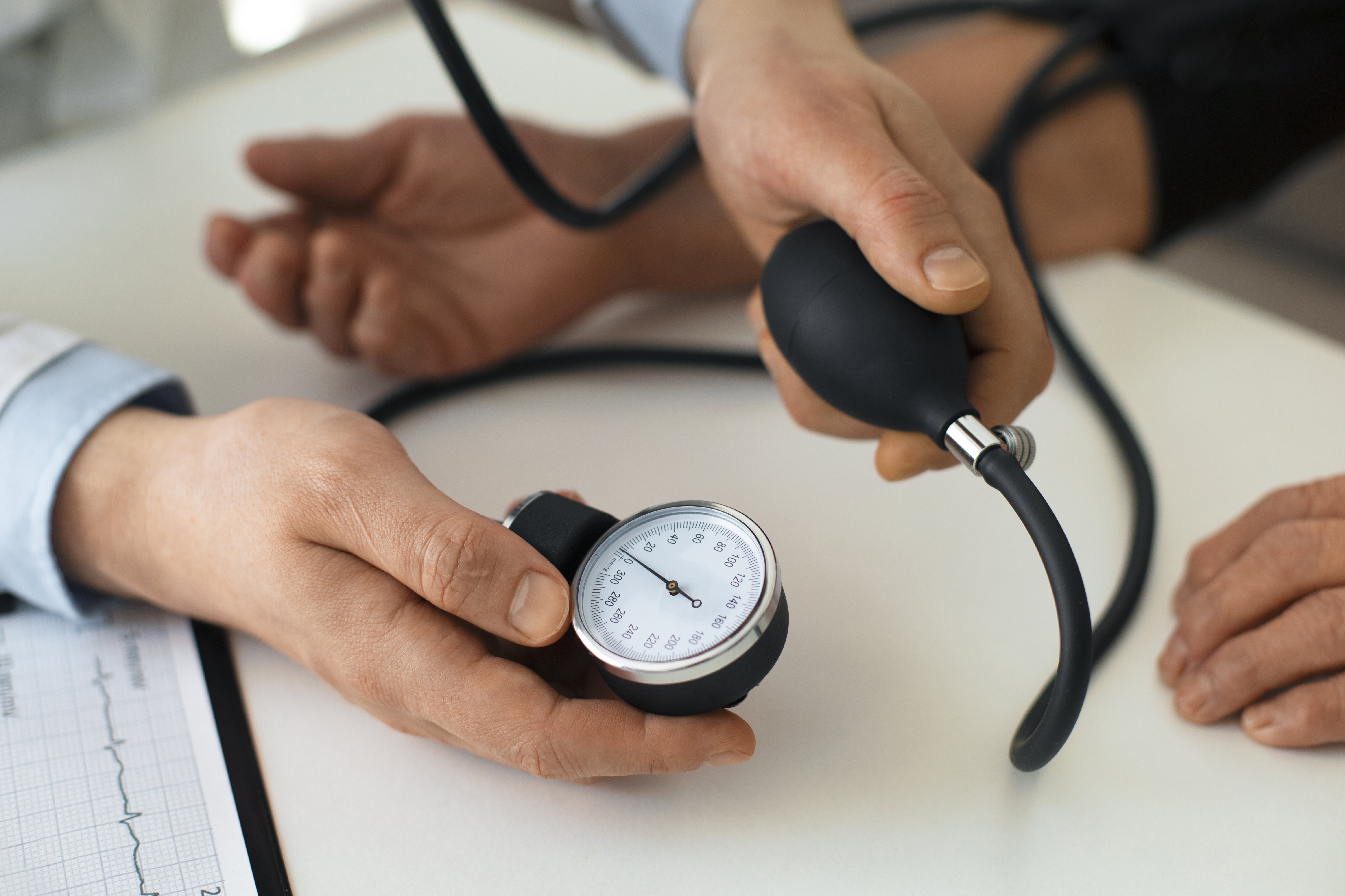Regular health screenings are a crucial part of preventive healthcare, helping to detect potential health issues early when they are most treatable. Knowing when to undergo specific screenings can significantly impact your overall health and well-being. Here’s a guide to some essential health screenings and the right time to get them:
Blood Pressure Screening
Timing: At least every two years, starting at age 18.
Cholesterol Screening
Timing: Every four to six years, starting at age 20. More frequent screening may be necessary based on risk factors.
Blood Glucose Screening
Timing: Every three years, starting at age 45. Earlier and more frequent screening may be necessary based on risk factors.
Body Mass Index (BMI) Measurement
Timing: At regular healthcare visits, starting at age 18.
Colorectal Cancer Screening
Timing: Starting at age 45, earlier if you have a family history of colorectal cancer.
Breast Cancer Screening (Mammogram)
Timing: Starting at age 40, earlier if you have a family history of breast cancer.
Cervical Cancer Screening (Pap Smear)
Timing: Starting at age 21, every three years until age 29, then every five years with HPV co-testing until age 65.
Prostate Cancer Screening
Timing: Starting at age 50, earlier for men at higher risk.
Bone Density Screening (Osteoporosis)
Timing: Starting at age 65 for women, earlier if you have risk factors.
Eye Exam
Timing: Every one to two years, starting at age 18.
Skin Cancer Screening
Timing: Regular skin self-exams and professional skin exams as needed, especially if you have a history of sun exposure or skin cancer.
Dental Exam
Timing: Every six months for regular check-ups and cleanings.
Conclusion
By following the recommended screening guidelines and discussing your individual risk factors with your healthcare provider, you can ensure that you receive the right screenings at the right time. Early detection and prevention are key to maintaining good health and reducing the risk of serious health conditions.


